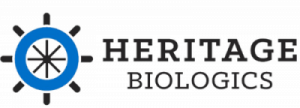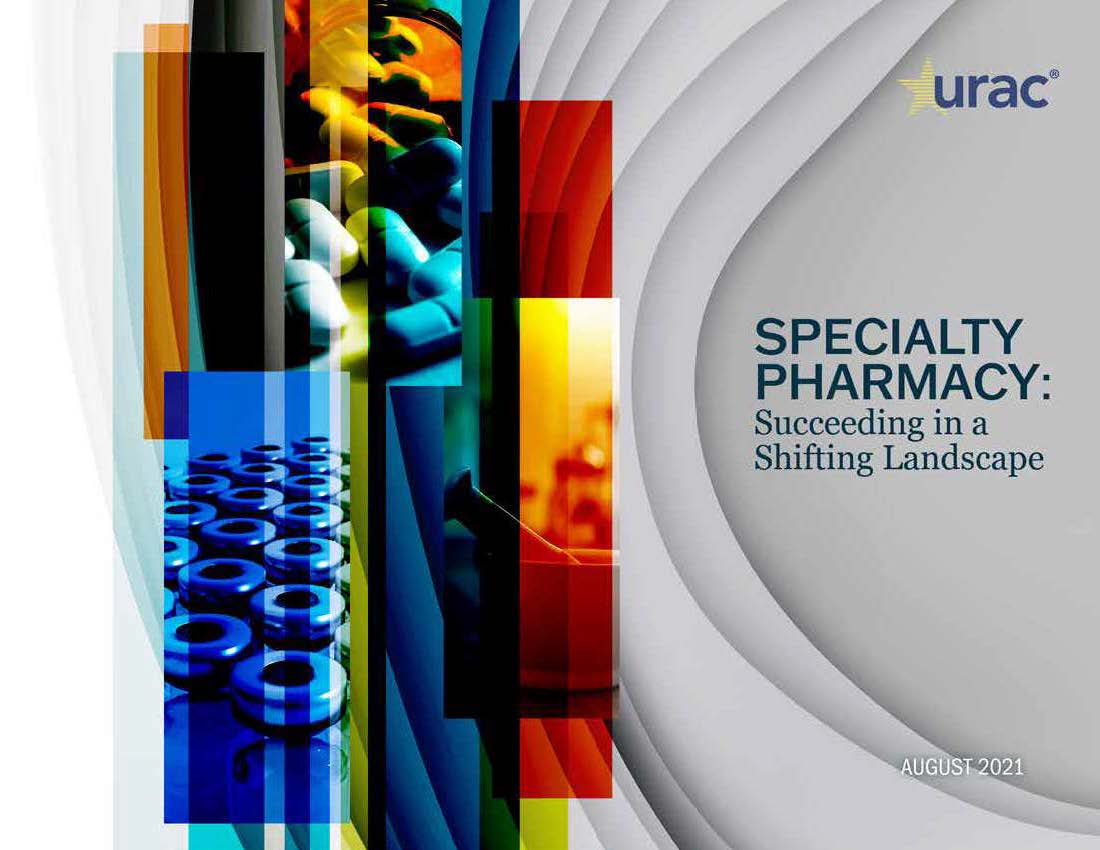URAC: The Future of Specialty Pharmacy
Click here to view PDF.
Specialty Pharmacy: Succeeding in a Shifting Landscape
The Patient's Voice - Heritage Biologics
There's no shortage of passion for patient care and quality services in the specialty pharmacy area. But the founders of Heritage Biologics have very personal reasons for their focus on the patient and the patient journey. Founder Tom O'Neill is the parent of someone with a rare disease; Christopher Quesenberry is a rare disease patient himself. Their personal experiences navigating the complexities of rare diseases drove their model that puts the patient and their quality of life at the center. Their ambitious goal: changing health care for the better.
Chief Operating Officer Amanda Walker is very clear: Heritage Biologics is not like other specialty pharmacy organizations. Although licensed to serve patients in all 50 states, they have fewer than 1,000 patients nationally. The company specializes in home-infusion therapies for patients with chronic and rare diseases. "We are not a one-stop shop type of pharmacy. We only take care of the disease states that we're clinical experts in. We have a very select few therapies," says Walker.
Patient experience is at the core of the company. That means helping patients navigate a complicated, segmented health care system and manage their disease and their medications for optimal results and quality of life. "These patients are on very expensive medications that they are going to be on for the rest of their lives," says Walker. "It's really figuring out how we can help these patients do the best they are able to do in their day-to-day life and not be defined by their disease or the medication that they are taking."
Through a software package they developed for their patients, Heritage Biologics attempts to unify the fragmented health care system and collect data in real time from infusions and dispenses, as well as from the physician's office and from the patients themselves.
In addition to clinical information, they also collect information on the patients' quality of life using the SF-12, a validated health-related quality-of-life questionnaire as well as a custom survey called "Rare Voice" that they developed in-house.
Listening to patients and addressing quality of life can mean connecting them with financial assistance or with support groups and educational opportunities related to their disease state. But it can also mean dealing with other aspects of building a full and fulfilling life. "We've helped patients with their resumes and helped them look for jobs. We've connected them to housing assistance." Their goal is to make patients' lives better and enable them-through specialty medications and other types of support-to live fuller lives. In fact, says Walker, dispensing medication is almost the smallest part of what Heritage does.
To make this work from a business standpoint, the company must be innovative and find reimbursement beyond dispensing medication. For example, Heritage works directly with employers to figure out how best to care for their employees who are rare disease patients to help them manage their disease state. They also partner with manufacturers to provide de-identified patient data that helps them improve their products. "You have to get creative in today's marketplace to figure out how you can bring money through the door beyond just the margin on the drug," Walker explains.

